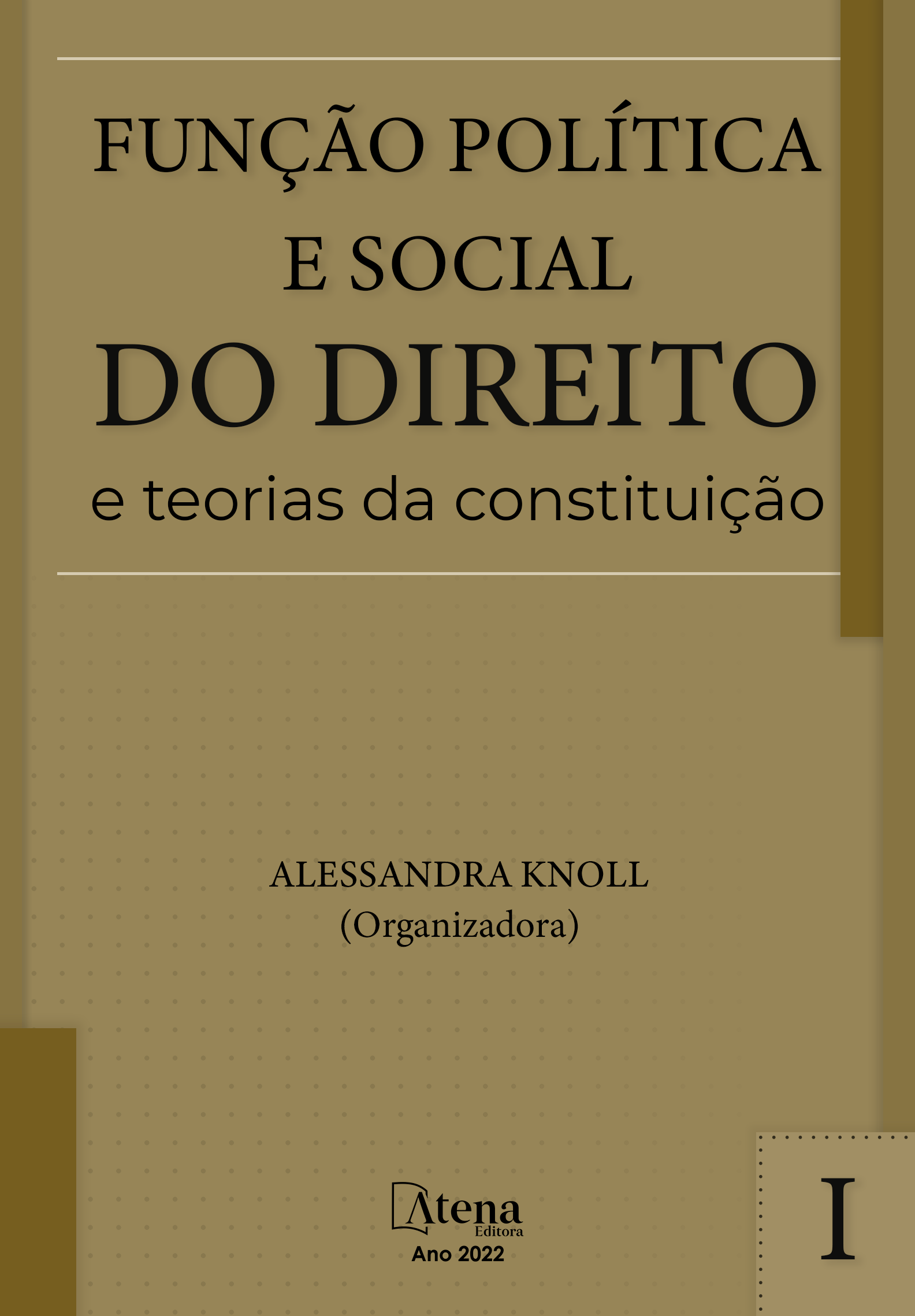
PELO ACORDO DE NÃO PERSECUÇÃO CÍVEL O CONSENSO SUPLANTA A ÚLTIMA BARREIRA: A RES PUBLICA
O presente estudo tem por objetivo fazer uma abordagem em torno do acordo de não persecução cível, novidade estatuída no direito pátrio pelo denominado “pacote anticrime”, cujo nascimento se reveste de uma nova roupagem, ou lança um novo olhar, pelo qual deverá ser encarado o interesse público. Na medida em que a jurisdição vem ganhando nova definição, recebendo uma transmutação e deixando de estar centrada no Estado/Juiz, a dogmática relativa ao interesse público também acompanha esse movimento. A pesquisa é baseada em palestras proferidas por notáveis professores especialistas no tema, tanto em soluções alternativas de conflitos como em administração pública, assim como na doutrina e na jurisprudência. O trabalho visa demonstrar a origem legislativa do instituto, a lacuna criada pelo veto presidencial de parte do projeto inicial, que causou um abismo entre a mens legis e o que restou efetivamente positivado. Além disso, faz-se uma abordagem crítica em razão da pluralidade de legitimados para firmar o pacto, o momento em que pode ser realizado e a (im)possibilidade de negociação em relação a valores. Conclui-se pela importância da novação, ressaltando a indispensável chancela do Poder Judiciário na homologação do acordo, fato que atenuará a indesejada insegurança jurídica. Contudo, essa intervenção não deverá se espraiar nos meandros da negociação em si, no seio da transação, que não deverá encontrar limites. É o consenso, com cautela, permeando o interesse público.
PELO ACORDO DE NÃO PERSECUÇÃO CÍVEL O CONSENSO SUPLANTA A ÚLTIMA BARREIRA: A RES PUBLICA
-
DOI: 10.22533/at.ed.81322260110
-
Palavras-chave: acordo; não persecução cível; interesse público
-
Keywords: agreement; non-persecution civil; public interest
-
Abstract:
The presente study aims to appoach the non-persecution civil agreement, a novelty enshrined in the Brazilian law called the anti-crime package, whose birth takes on a new guise, or launches a new look, for which the public interest must be seen. As the jurisdiction is gaining a new definition, receiving a transmutation and ceasing to be centered on the State/Judge, dogmatics related to the public interest also accompanies this movement. The research is based on lectures given by notable professors specialized in the subject, both in alternative solutions to conflicts and in public administration, as well as in the doctrine and jurisprudence. The work aims to demonstrate the institute’s legislative origin, the gap created by the presidential prohibition of parto f the initial Project, which caused an abyss between the mens legis and what remained effectively positive. In addition, a critical approach is taken due to the plurality of legitimates to sign the pact, at the moment when it can be carried out and the (im)possibility of negotiation in relation to values. It concludes by the importance of the novation, emphasizing the indispensble seal of the Judiciary Power in the homologation of the agreement, a fact tha will mitigate the unwanted legal insecurity. However, this intervention should not spread within the intricacies of the negotiation, which should not find limits. It is the consensus, with caution, permeating the public interest.
-
Número de páginas: 15
- JOSÉ CARLOS PAES
- NILTON CESAR DA SILVA FLORES
- FRANCISCO DE ASSIS PESSANHA FILHO


